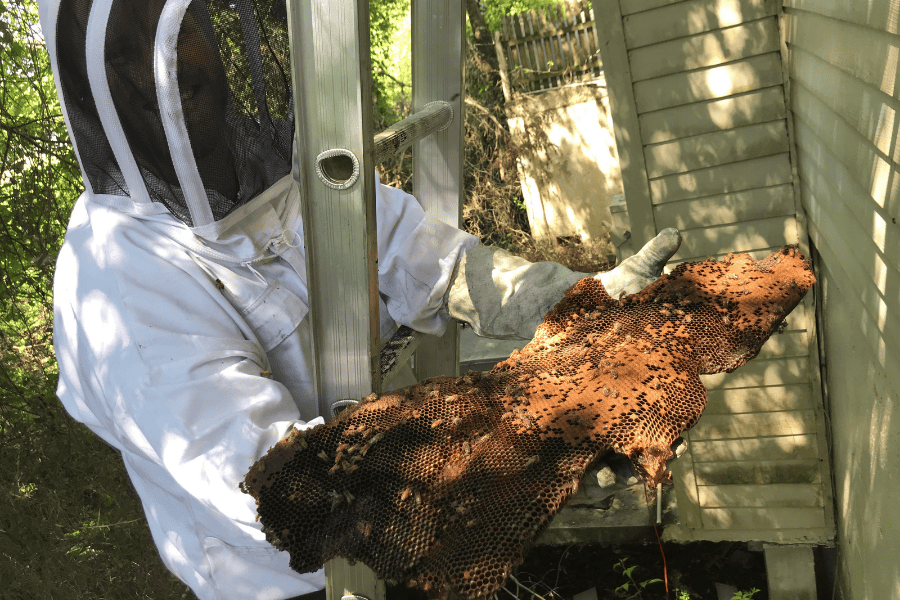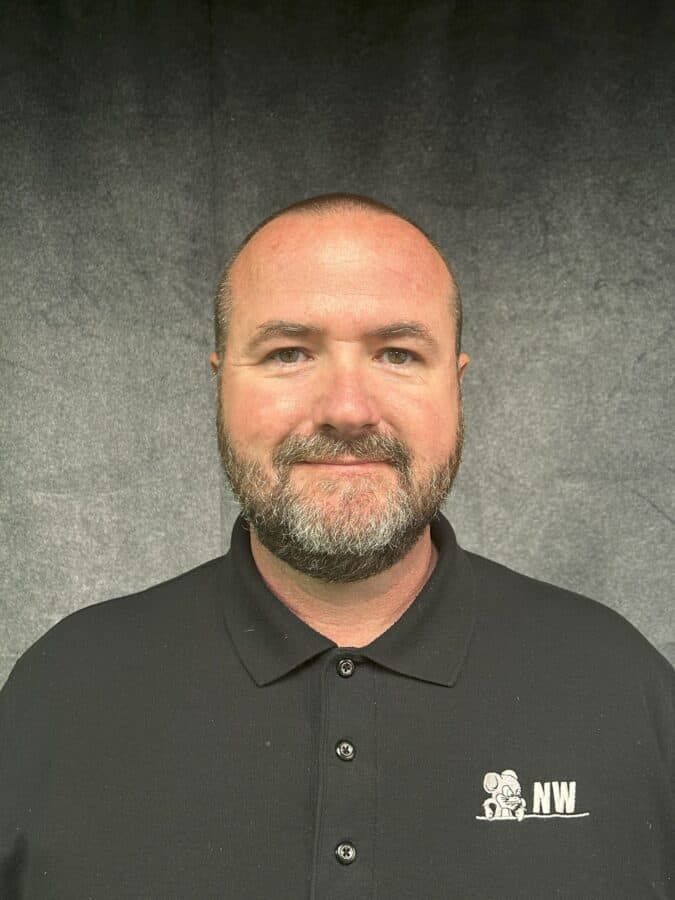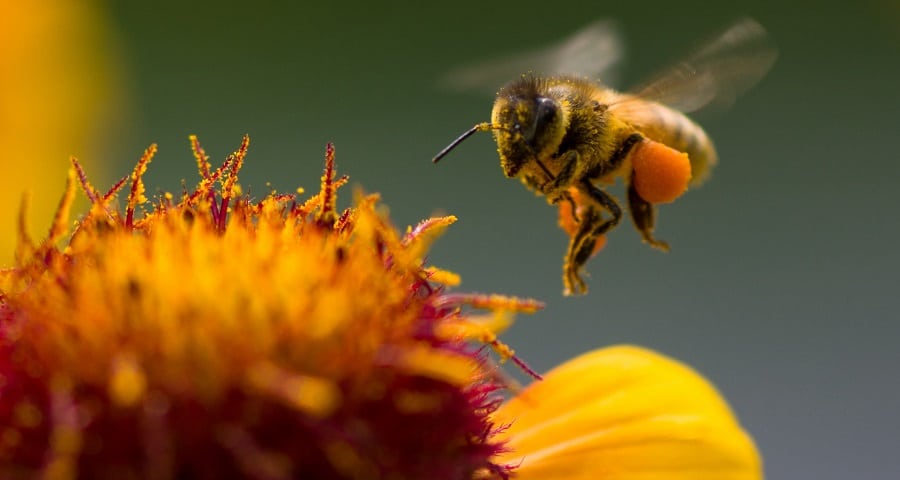READY TO GET STARTED?
REQUEST A FREE ESTIMATE
Fill out the form below or call (888) 466-7849 for a free, no-obligation estimate.

Do you know what it takes to become a qualified beekeeper? In the state of Georgia, there are many different levels of skill and knowledge needed when it comes to beekeeping. The minimum requirements include at least one year of beekeeping experience, a written and practical test, and participating in lectures, and that’s just for the bottom tier certification. It’s a process to become someone wholly trusted to care for the honeybee population. It requires the utmost attention and care to continue their important job. Luckily, Northwest has teammates that continue to prove how important their career in pest control is to them.
Let’s meet Northwest’s Honeybee Experts:

Curt has been with Northwest since 2010, with his last 3 years working as the Quality Assurance Trainer and Inspector with our Learning and Technical Services team. Curt currently keeps his own honeybees, so he has extensive knowledge in making sure they are properly cared for. More recently, Curt is a Certified Beekeeper and has also received a newly required license for the State of Georgia that allows him to safely remove honeybee colonies that are in any structure or home.
Curt believes that it’s important to ensure the success of honeybees while also educating our customers and teammates on the importance of these pollinators. He continues to strive for Northwest to be the go-to for honeybee relocation services in the state of Georgia.

Rob is currently our Wildlife North Branch Manager and is also a certified Beekeeper. He is a big advocate of the newly required Georgia license that ensures a safe removal process for honeybees and has also received that in the past year. The removal process can sometimes be stressful for the colony, so having the proper qualifications and resources to ensure their safety is key.
A fun fact about Rob is that he has his own honeybee farm and utilizes the honey that he receives from his bees. Rob began his farm as a place to take any removals performed on the job and ensure they were properly cared for after being safely relocated. He likes to think of the care for honeybees as an ever-evolving science project. The idea that you can safely and correctly remove them from their colony and into a new location and still thrive fascinated him.
Rob is proud of Northwest for making sure its teammates have access to the proper equipment and training needed to safely care for honeybees. He can’t wait to see how big of an impact we can truly make!
At Northwest, we take pride in knowing that we can bring awareness to an important topic that is near and dear to our hearts. We’re grateful for teammates like Rob and Curt who take the time to learn more about a service and how it can positively impact our local communities. If you believe you have a bee colony on your property that needs to be safely relocated, give your licensed honeybee removal company a call!

Due to their role in pollination, honeybees are extremely beneficial to our entire environment. This bee species contributes to the growth and reproduction of plants, where one bee can pollinate up to 1,000 flowers per day! It’s important to know what benefits these insects bring to us and how we can best protect them going forward.
Honeybees are big money makers for U.S. Agriculture, producing six hive products – honey, pollen, royal jelly, beeswax, propolis, and venom – which are all collected for various nutritional and medicinal purposes.
The production of honey from honeybees is extremely beneficial to the environment. According to the U.S. Department of Agriculture’s National Agriculture Statistics Service, honeybees made 157 million pounds of honey in 2019. With the cost of honey at $1.97 per pound, that’s a value of a little over $339 million. Honeybees are seen as a big contributor to the pollination of crops and contribute up to $15 billion in added crop value.
Unfortunately, a widespread bacterial disease called American foulbrood is destroying entire colonies of honeybees. The disease does not pose any risks to humans but can severely impact the bee population. An antibiotic has been created to treat colonies and prevent the spread between colonies. The antibiotic is considered a better option over burning and destroying entire hives.
Honey is not only important for the environment, but it can also be useful in our everyday lives! There are many ways to use honey. Although not scientifically proven, many people believe honey has medicinal benefits. Honey can also aid in fighting seasonal allergies, especially if the honey is produced locally.
Although honeybees are crucial for the environment, some people can be a little wary of having them near their homes. Protecting these insects is important for the environment, and it’s recommended that the first and only treatment for these bees is removing and relocating them and their hives by local beekeepers. If you notice you have a honeybee colony on your property, reach out to a local pest control company that can provide safe relocation for these insects.